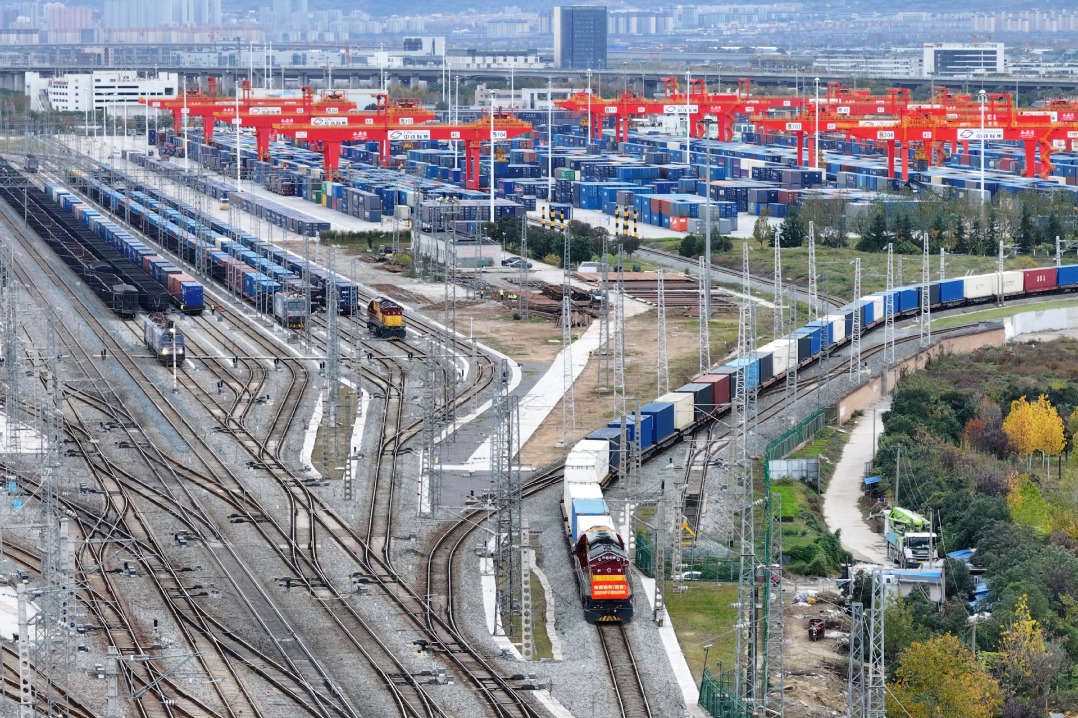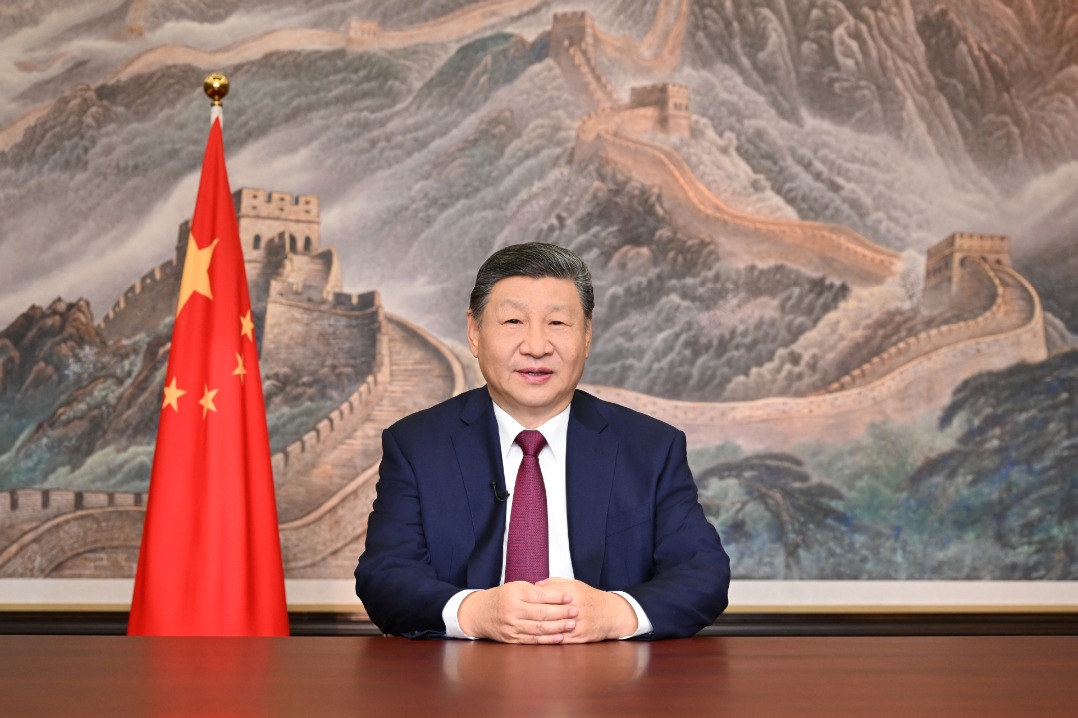Global ripple effect of sweeping US tariffs: uncertainty, instability
Experts, world leaders, international bodies concerned by White House trade moves


China's firm stance
While the global response to the US tariffs has differed — some countries have opted for negotiation and others retaliation — China has remained firm from the outset, experts said.
Kennedy, from CSIS, said of China's firm response: "They were ready for whatever was going to come their way … they felt they had to push back, because they were already facing very high numbers (from previous tariffs)".
He said China feels it has advantages in this "game of chicken". The reasons include diversified trading partners, the US comprising only 14 percent of China's exports, China's having less market-sensitive financial sector compared to the US, and its position as the top trading partner for over 100 countries.
"The Chinese are in this, as they say, to the very end," Kennedy said.
Gupta said while China's response has been firm, maintaining a measured approach has become difficult because the US keeps "ratcheting up" the stakes, resulting in a possible collapse in bilateral trade.
Writing in Foreign Affairs on April 16, Michael Beckley, an associate professor of political science at Tufts University, said from Beijing's perspective, "the trade wars Washington is stoking are not mere economic spats. They are an assault on China's comprehensive national power — and a potential prelude to a shooting war."
The EU initially moved toward retaliation against the tariffs but paused after the US offered a 90-day window for talks. At the same time, the EU approved on April 9 its first retaliatory measures against US tariffs, effective April 15. The measures impose a 25 percent tax on a variety of US imports, countering the administration's March decision to levy a 25 percent tariff on all steel and aluminum imports to the US.
"The EU's tariffs are related not to the reciprocal tariffs, but they're related to the auto tariffs … as well as the steel and aluminum tariffs," Gupta explained.
Urata, from Waseda University, said retaliation is not a viable option for Japan for several reasons. "One, of course, is national security. We depend on the US for national security," he said.
Instead, Japanese companies are focusing on diversification.
"Now they talk about a 'US plus one' or 'America plus one' strategy because we cannot really depend on the US as an export market as much as we used to … Japanese companies have to diversify their export destinations," he said.
Carrillo, from El Colegio de Mexico, said Mexico is largely shielded by the United States-Mexico-Canada Agreement. However, it is still facing uncertainty and potential rule changes and is also looking to diversify.
"The interdependence of our economy is much bigger[with the US]," he said. "But since we are moving to a deals-based international trade instead of a rules-based international trade system … the European Union is a perfect fit for the Mexican economy," Carrillo noted, suggesting that Mexico might need to increase local content for exports to the US.
























